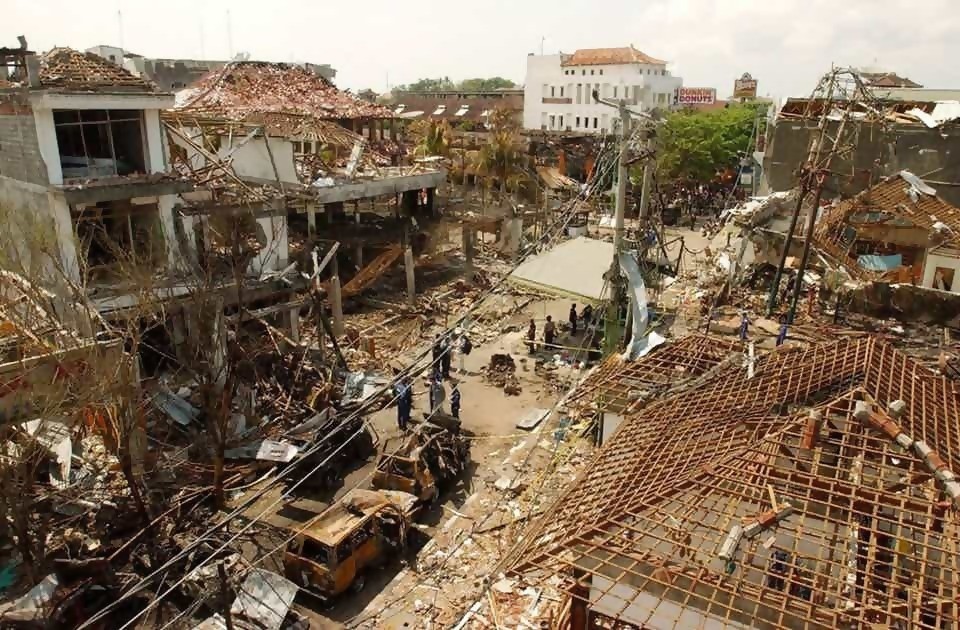At the special US prison for terrorism suspects in Guantánamo Bay, the trial has begun to present evidence against three men suspected of planning and committing the attacks in Bali in 2002.
202 were killed in the terrorist act. The suspects were arrested in Thailand in 2003 and have been in Guantánamo since 2006, without officially being charged.
The main suspect is a 57-year-old Indonesian, Encep Nurjaman, better known as Hambali. He is one of the leaders of the Indonesian terrorist movement Jamaah Islamiyah, which has ties to al-Qaeda in Southeast Asia.
Two Malaysians are also on trial. The three should have been arraigned in February, but the trial was postponed due to the COVID-19 pandemic.
The process is expected to take a long time and is legally complicated. Lawyers argue that the attacks were committed nearly 20 years ago. This means that some witnesses have died and it is difficult to gather facts about the allegations.
Military prosecutors filed the official charge in 2017. It was initially dismissed for unknown reasons by the Pentagon, the US Department of Defense that oversees cases in Guantánamo Bay.
All of the detainees at Guantánamo Bay are incarcerated without formal charges and it is believed that confessions may have been coerced through torture. Indeed, according to a 2014 US Senate report, those held for the Bali bombings and other detainees were likely tortured.
The lawyers for the Malaysian suspects argued earlier that their clients do not understand their interpreter, who speaks a mixture of English and Malaysian. An interpreter who previously worked for them has now been added to the prosecutors’ team, and he may have shared confidential information with them.
According to the judge, the interpreters meet the requirements set for them.




